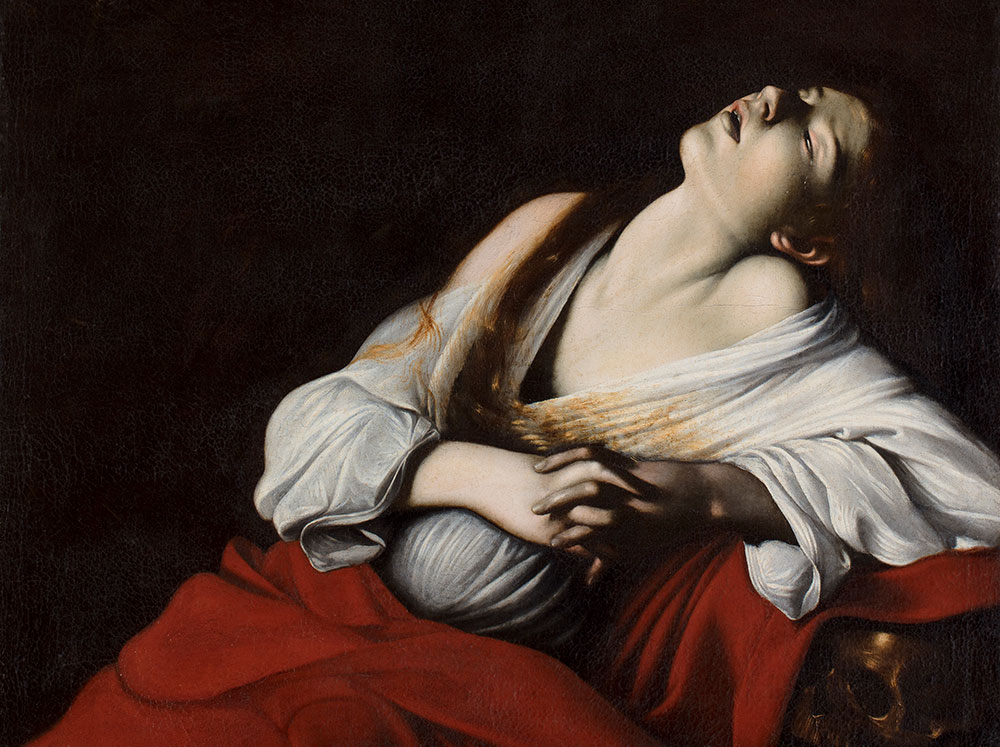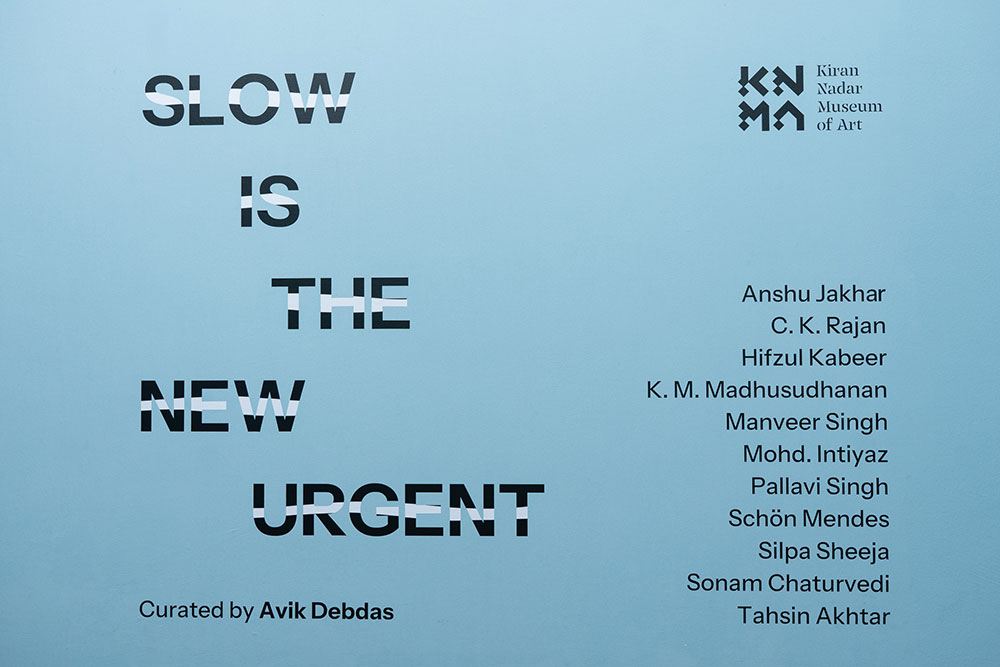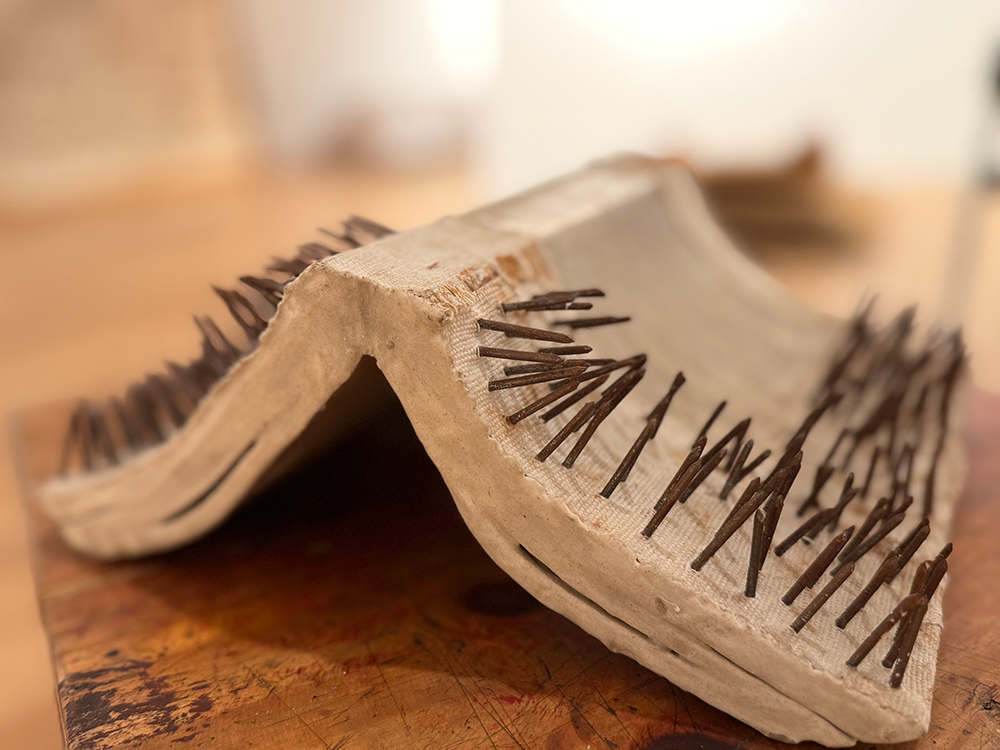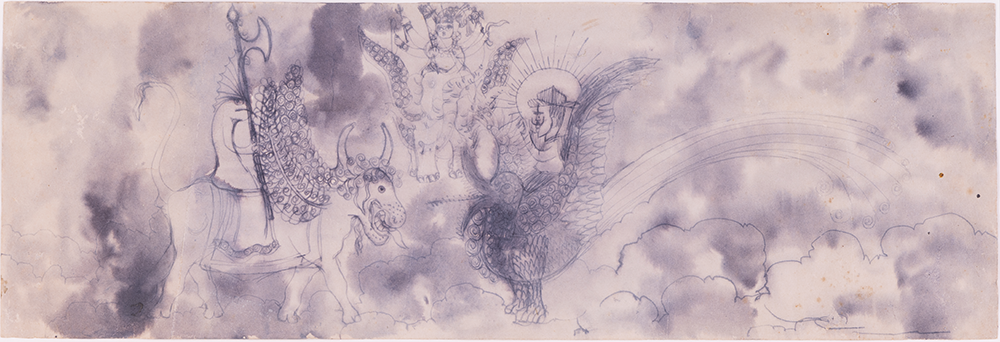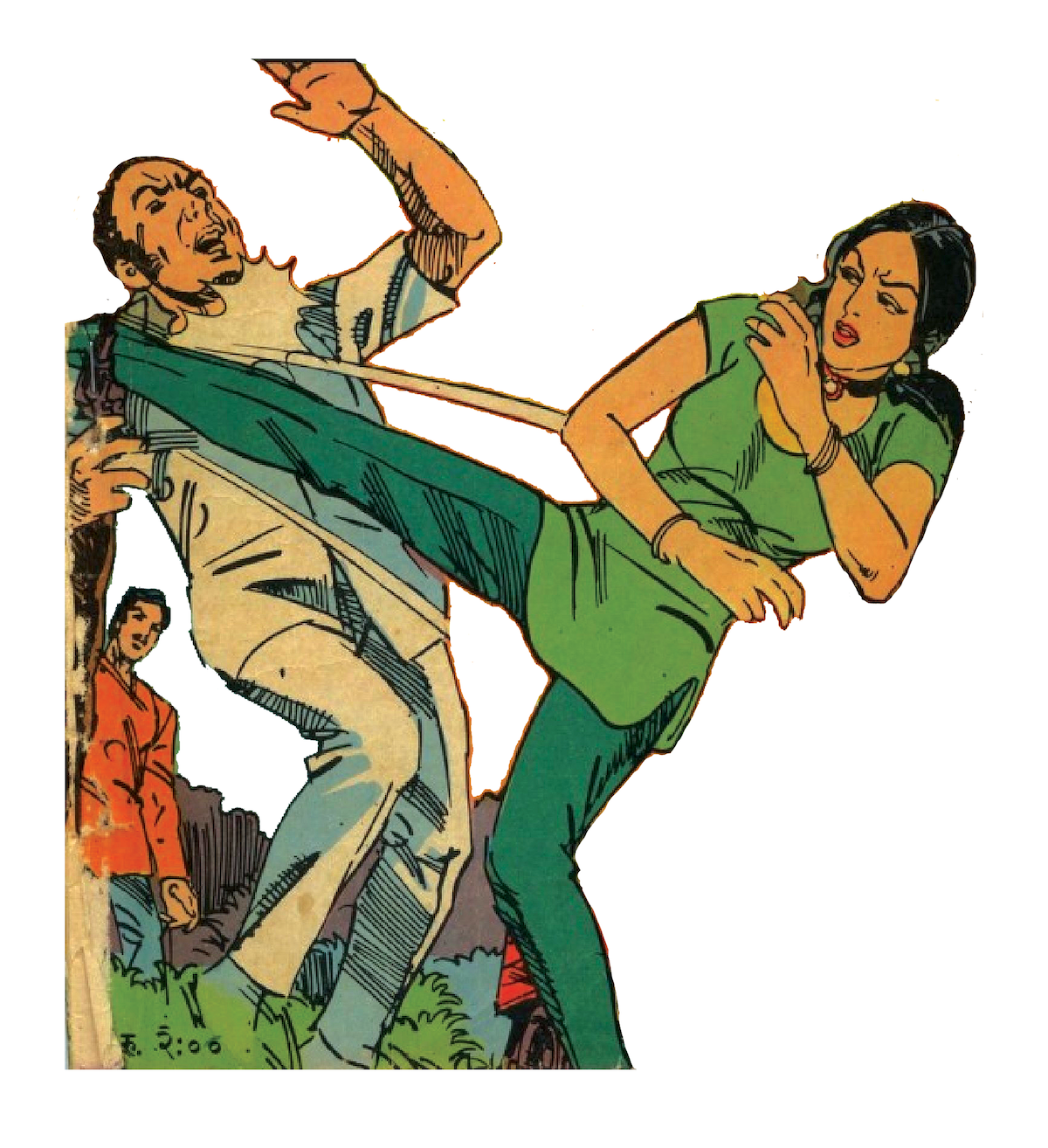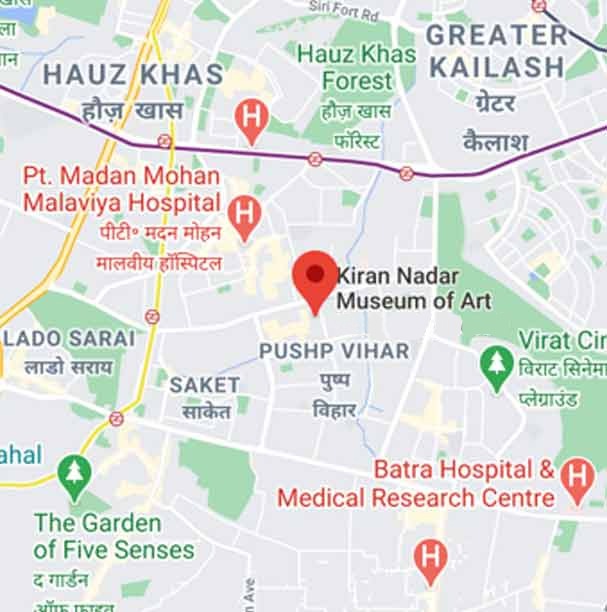- Home
- Putul Katha
Exhibitions
An exhibition of Doll Arts of West Bengal and Their Stories, is an initiative of the Tram Arts Trust, an object theater group based in New Delhi and Mumbai. The group was formally registered as a not-for-profit organization in 2015. Tram, builds its artistic work to explore the world through ‘theatre with objects’. The Trust experiments with its possibilities to create a reflective and evocative theatre experience through various objects and continuously strives to evolve the vocabulary of what object theatre can encompass. Presently, their focus remains on identifying and working around objects specific to the Indian subcontinent. Tram’s emphasis on the doll-making tradition of West Bengal and its integration into their theatre practice was a natural evolution. This focus stemmed from the passing down of a few generational handmade dolls, originally given as gifts to a young bride, to one of the group members. Further investigation into the process revealed a series of untold stories and oral traditions surrounding doll-making, the artisans, and the communities behind them. This exhibition, thus developed as a result of extensive ethnographic research that aims to gather, catalogue, and safeguard tales related to both traditional and modern forms of doll-making art in West Bengal.
The exhibition largely showcases the "Tepa Putul" or hand-pressed dolls, where "Tepa" means 'pressing' and "Putul" means 'doll' in Bengali language. This term refers to a simple process in which the dolls are made by pressing raw clay with fingers. The dolls in this exhibition have been created using this method and closely resemble the artifacts discovered at the excavated sites of the Indus Valley Civilization. Official surveys conducted by the Ministry of Micro, Small and Medium Enterprises (MSME) and Textiles, Government of West Bengal, under the Biswa Bangla initiative in 2015, provided support to around 28 significant doll-making traditions, although, many more such traditional and contemporary doll-making heritage are yet to be acknowledged. Throughout the State, every single district is home to doll-making villages and households, each with its unique style, history, and narrative. Artists utilize Indigenous materials such as clay, wood, cloth, metal, shola (sponge wood), shellac, jute, shells, palm leaf, seeds, coconut, betelnut and rice powder to craft dolls. Contemporary doll-making styles and narratives have also emerged recently. These hand-made dolls have remained bearers of various belief systems, histories, folklore, and lifestyles for many communities and individuals within the collective. They provide insights into the land, people, and environment, while also offering opportunities for broader reflections.
The different styles, methods, materials, regional influences, and religious significance of these dolls have been well-documented through research and literature. However, what has been largely overlooked are the narratives associated with the dolls and their creators. This project intends to address this gap by emphasizing the stories of the doll artists and the tales from the communities whose lives are interconnected with the dolls. The aim is to investigate the diverse ways in which the dolls remain an integral part of the lives of the people who coexist with them.
The exhibition features dolls categorized as Khelna Putul (play dolls), Deb Putul (worship and ritual dolls), and Shajano / Samajik Putul (display and decorative dolls). Originally, there were two main styles - Deb Putul and Khelna Putul, with Shajano Putul emerging later as a newer development. These dolls are sourced from various villages in Bankura, Howrah, and Murshidabad districts. Additionally, the exhibition includes dolls created by artists from Manmathanagar village in Gosaba District, located in the Sundarbans region, each with their own unique styles and stories.
Kiran Nadar Museum of Art, in collaboration with the Tram Arts Trust, is delighted to showcase a selection from the Trust's ongoing research on Doll Arts through this exhibition, along with scheduled workshops and performances of the play "Maati Katha." This collaboration aims to engage with a broader audience, offering participants and visitors memorable experiences and stories to share.

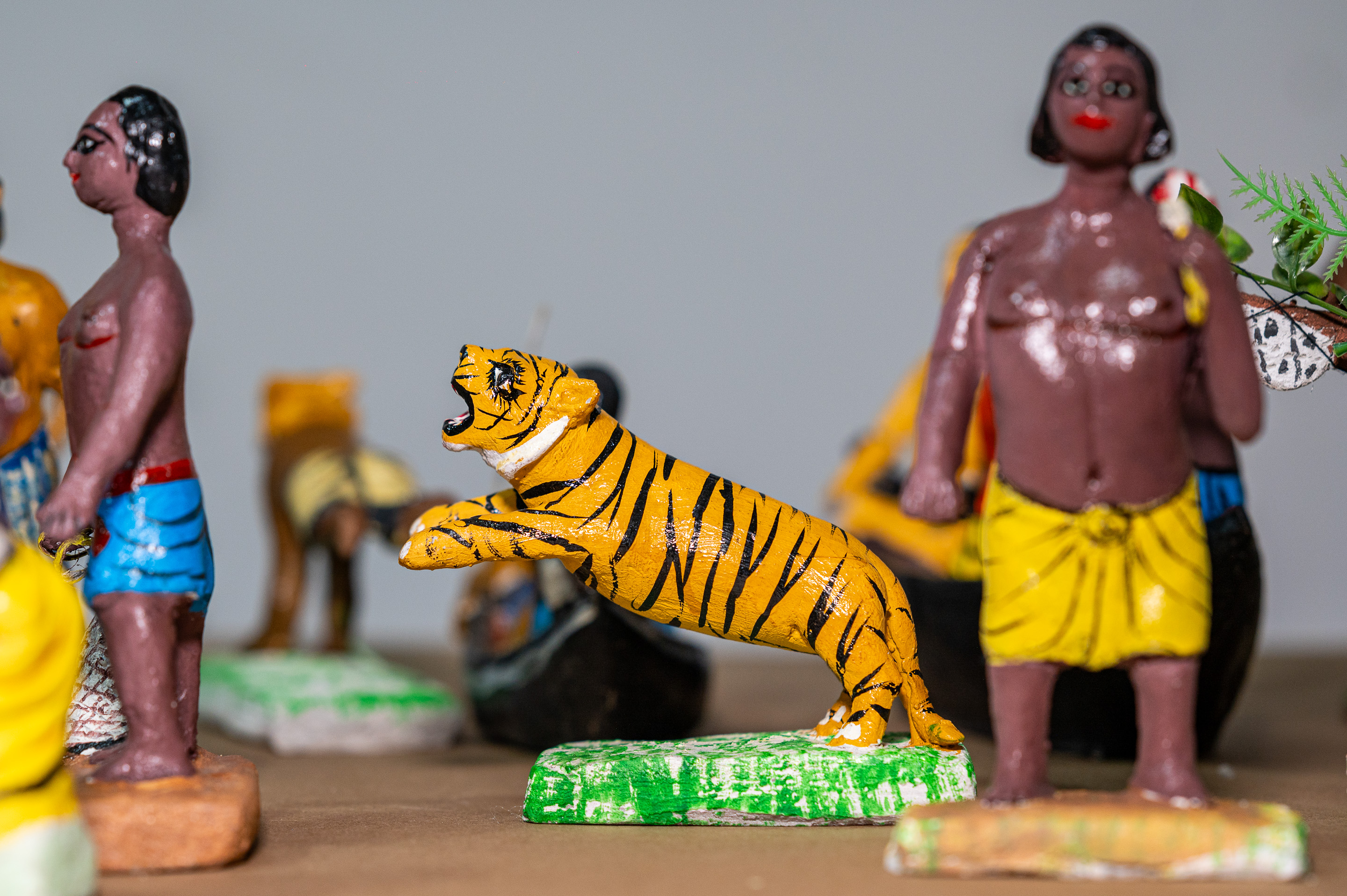
_0.jpg)



























.jpg)












.jpg)






























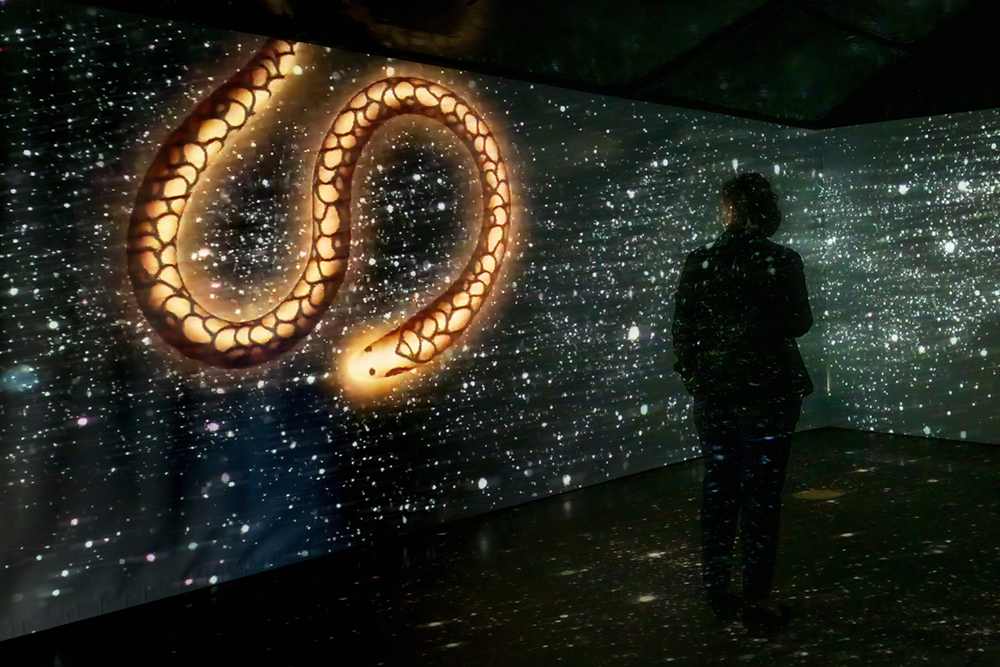
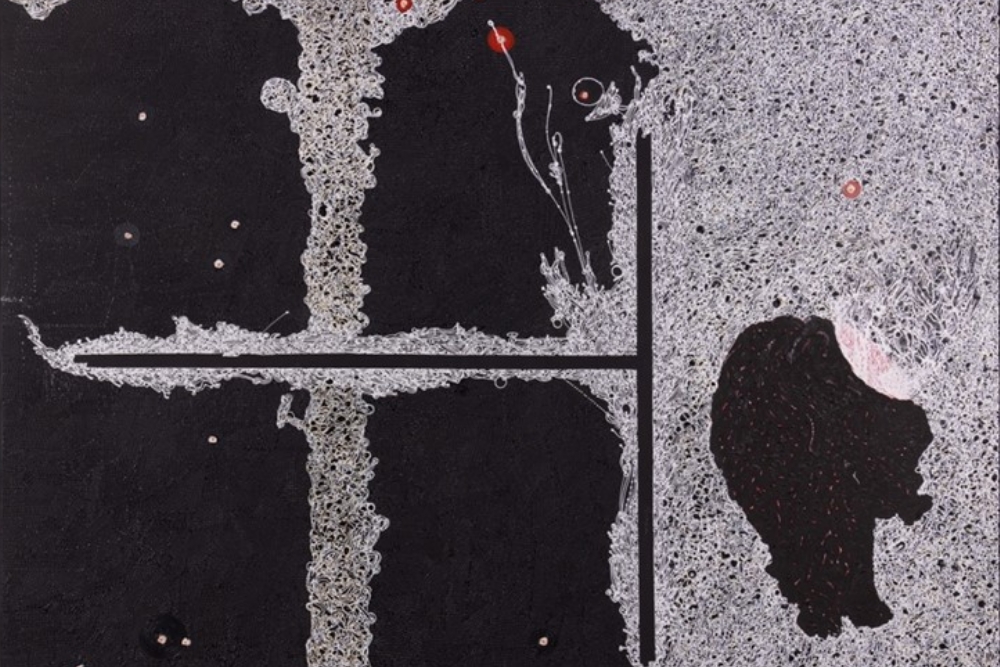
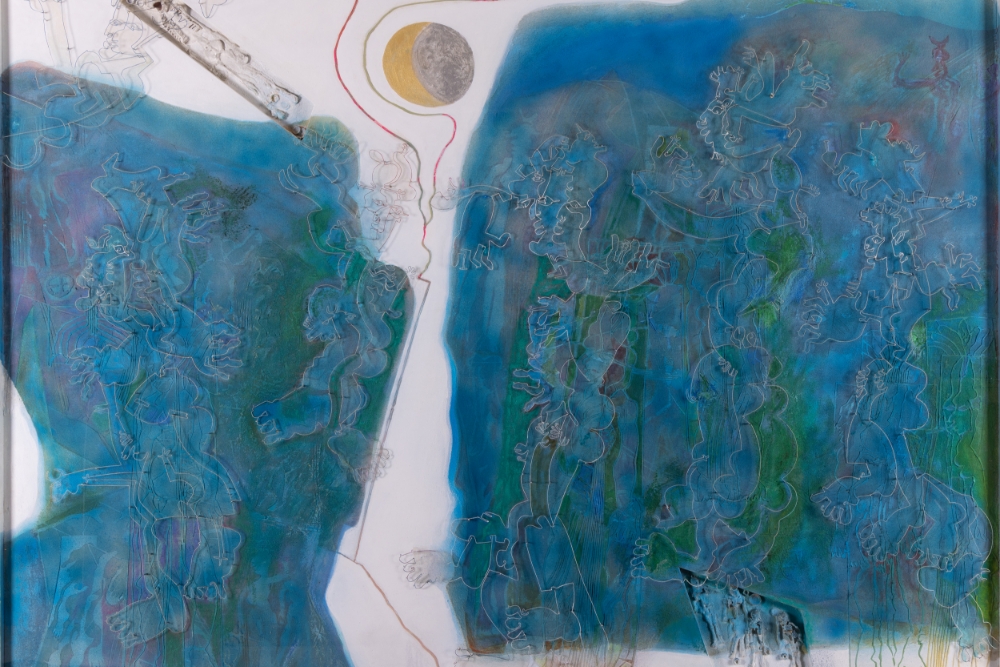

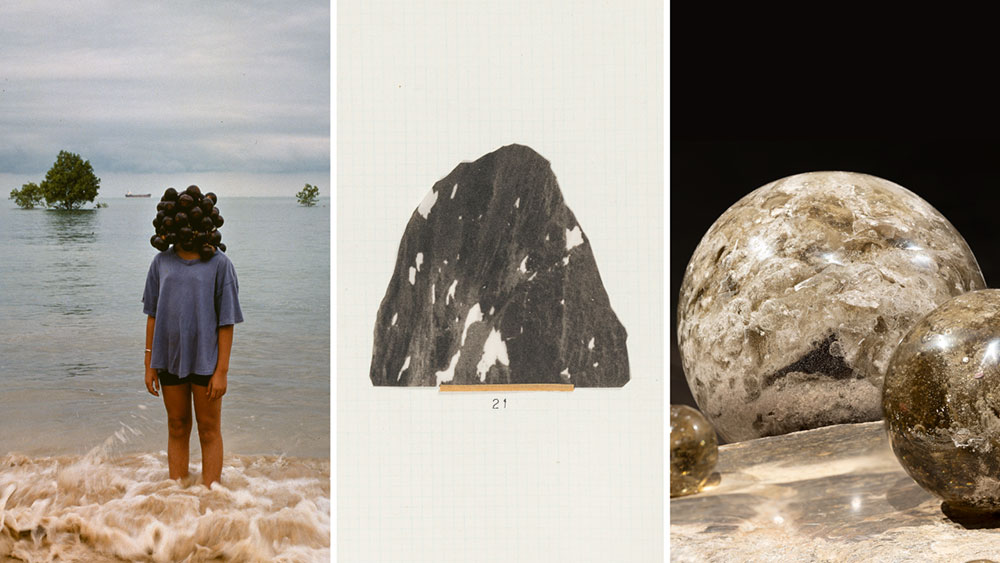

.png)

